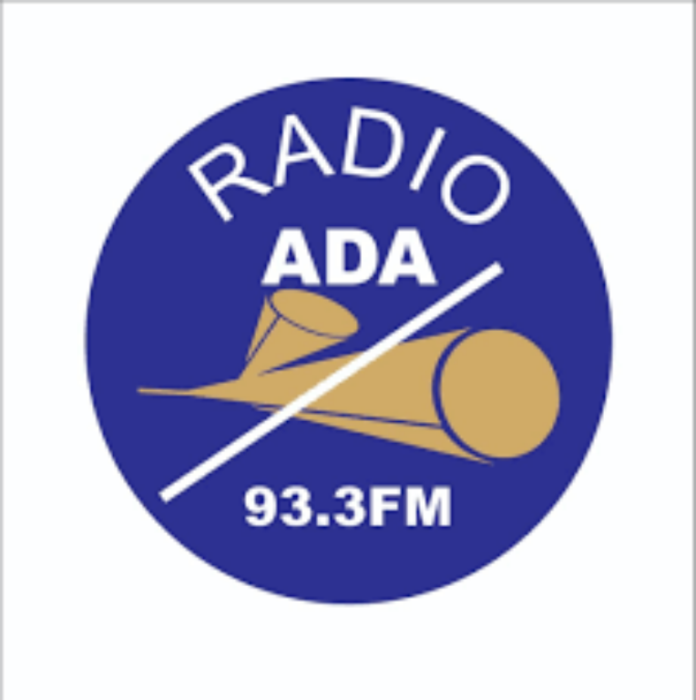The Ada Traditional Council has explained why it decided to prevent Radio Ada journalists from covering the Asafotufiam festival.
The Council argues that its move against the media entity is not an affront to press freedom.
In a letter to the management of Radio Ada, the Council indicated that the station is not permitted to set up a live studio on the event grounds.
It added that the chiefs will not allow interviews with the media network and that three of its journalists are not permitted to cover the festival at all.
According to the Deputy Station Coordinator for Radio Network, Chiefs were upset that the media network was talking about the alleged sale of the Ada Songhor Salt lagoon.
“They have left the entire Lagoon that the people’s livelihood depends on to Daniel Mckorleys. It was agreement that they went in secretly and then we have been discussing the government document, the document they signed which went through Parliament.”
“We managed to get the document and was discussing it public to the people, the Chiefs came and said, we should not talk about the Lagoon lake anymore and then even if we should do that, the name of the Paramount Chief Nene, out of it, but we told them we can’t do that because it’s a document and we can’t read and then skip his name” Paul Dameh explained.
The head of the festival organizing committee, Nene Obikyereh, however, said that the decision was motivated by Radio Ada journalists’ ongoing criticism and crude language directed at the traditional council.
“They said unprintable words to the Chief which led the council to the decision. If you feel so strongly about an issue, it is not a problem but if you use a language that is unrefined about the Chief, what do you expect to happen?” he asked.
But President of the Ghana Network of Community Radio Stations, Selete Nyomi, referred to the action as a violation of press freedom.
“The festival itself is a public festival, why would you want to bar an indigenous station from covering? It is an upfront to press freedom,” Selete said.
“This is not about just the radio network but about the media as a whole, and I think this is the time that we expect the media to unite and condemn some of these things” he concluded.

